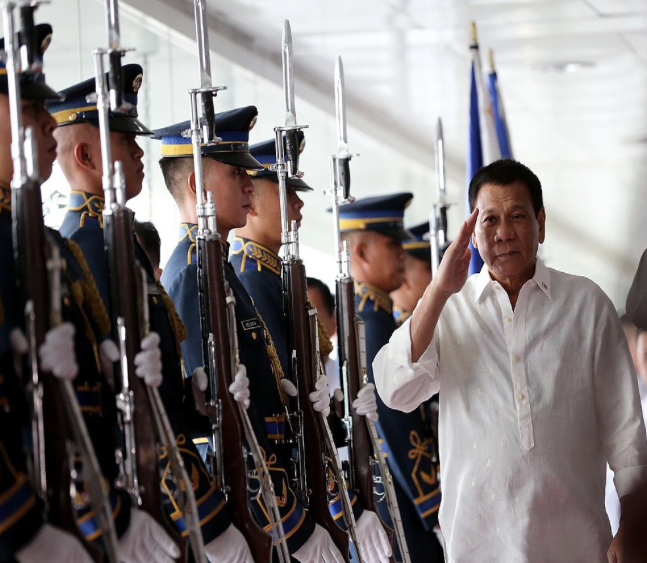Friend or foe of Filipinos?
Imagine a place where you are unable to justify yourself or your actions; a place where people are punished, and even executed for their unhealthy habits; a place where children are also being targeted and are deemed collateral damage. This place may seem like a fictional dystopian nightmare, yet it is a reality for the people of the Philippines.
As of September 2018, Duterte’s “War on Drugs” has left over 4,500 dead according to official statistics, and about 12,000 as stated by human rights groups. President Duterte expressed to the Council on Foreign Relations that he believes that drug dealing and addiction are “major obstacles to the Philippines’ economic and social progress”. While it is common for addicts to turn to crime as a result of their addiction, does this rationalize their murder as part of the “Duterte-way” of solving the problem?
One specific case that caused an uproar in the country was the killing of seventeen-year-old student Kian Lloyd Delos Santos. He became a victim of an extrajudicial killing when policemen were on a drug operation in Caloocan city. Four eyewitnesses stated that “he was given a gun and was told to run.” Based on the autopsy results, he was “shot in the back three times, with no indications that he fought back,” as reported in the New Internationalist. This specific case study is one of many similar tragedies that have resulted from the enactment of this policy.
If President Rodrigo Duterte’s “War on Drugs Policy” justifies such horrific extrajudicial killings, why do Filipinos still support him? According to a 2017 survey, 88% of Filipinos “support the government’s war on drugs.” The Filipinos’ reaction and support towards the extrajudicial killings can be explained through their lack of hope and trust in the judicial system. Most of the citizens accept that the authorities abuse their power, and deem these extrajudicial killings as “collateral damage” because they believe that this will eventually lead to a safer environment. After years of suffering under the corrupt governments of former Presidents—Marcos, Estrada, and Arroyo—it comes as no surprise that Filipinos are willing to do anything in order to reform the country, even accepting horrific acts such as the extrajudicial killings.
The mass killings and imprisonments are not the ultimate solutions the Philippines should look to—in fact, this may even cause more problems. According to a report by Al Jazeera, because of the “War on Drugs”, there has been a great influx of people in prisons. Each cell block holds up to three times its capacity, forcing inmates to sleep tightly side-by-side. Additionally, these inmates are not getting the treatment and drug rehabilitation relief they need.
There is no need to resort to violence in an already problematic country that faces several other significant challenges, including poverty and a faulty education system. If Duterte’s government had focused more on solving the poverty problem and improving the education system, there would be fewer drug addicts and dealers in the first place.
It is not too late to reform the country, but if we do not stop this injustice, the situation may grow into something more complex and difficult to resolve. International groups and organizations should make greater efforts in pressuring the Filipino government and strive to encourage Filipino citizens to stand up to this unjust policy.







































